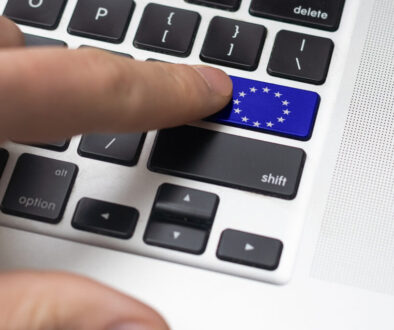Commission presents digital safety guidelines and age verification app
The European Commission has released updated guidelines on the protection of minors online, accompanied by a prototype age-verification app, as part of its ongoing implementation of the Digital Services Act (DSA). The new guidelines aim to ensure that children and young people benefit from digital opportunities while minimizing exposure to risks such as addictive design, cyberbullying, and harmful content. Developed through a thorough consultation process involving stakeholders and young people, the guidelines recommend measures such as disabling addictive features, empowering minors to control interactions, and setting private accounts by default.
A key focus of the guidelines is the mitigation of addictive design elements that disproportionately affect minors. Platforms are encouraged to disable features like streaks and read receipts, and to provide stronger controls against cyberbullying, such as blocking unsolicited group additions and restricting downloads or screenshots of minors’ content. The guidelines also emphasize the need for recommender systems to respect explicit user feedback, ensuring that unwanted content is not repeatedly suggested to young users.
The Commission’s prototype age verification app sets a new privacy standard for age assurance online, allowing users to verify their age without disclosing unnecessary personal information. The app, compatible with forthcoming European Digital Identity Wallets, will be piloted in Denmark, Greece, Spain, France, and Italy before broader deployment. The guidelines specify that age-verification methods must be accurate, reliable, robust, non-intrusive, and non-discriminatory, with particular focus on platforms presenting high risks to minors.
These initiatives build on the Commission’s broader strategy for a safer online environment for children, complementing existing frameworks such as the Better Internet for Kids Strategy and the Audiovisual Media Services Directive. The alignment with the upcoming Digital Fairness Act and integration with the eID Wallets reflect a holistic approach to digital safety and privacy for minors across the EU.



